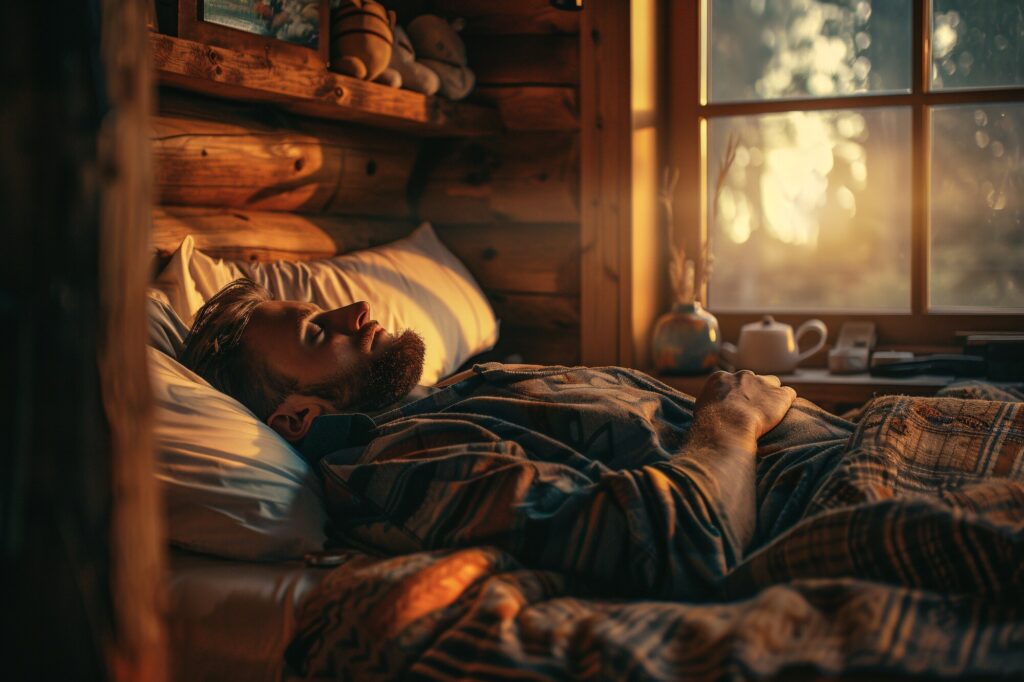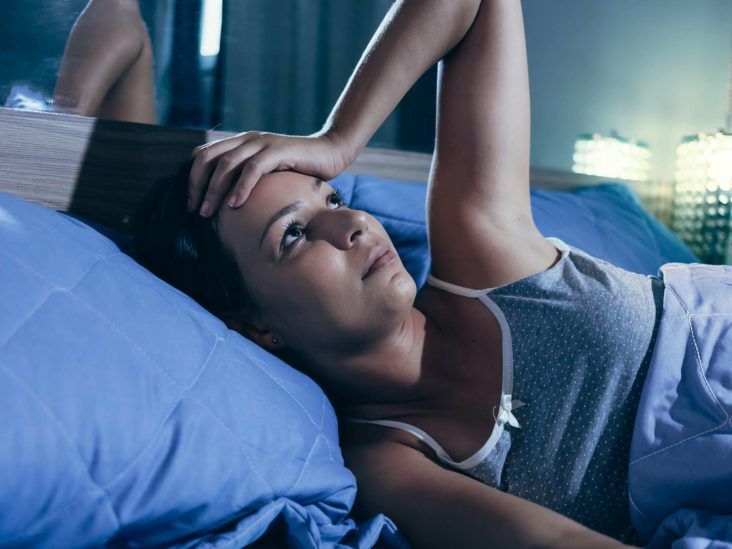
Why Does Your Body Twitch When You’re Falling Asleep?
Hypnic jerks, also known as sleep starts, are sudden, involuntary muscle twitches that happen as you’re falling asleep. These usually occur during the transition from being awake to falling asleep, known as the hypnagogic state.
These twitches often affect one side of the body, like a leg or an arm, and happen randomly as sleep begins.

Why Do Hypnic Jerks Happen?
The exact cause of hypnic jerks isn’t fully understood, but there are a few theories. These jerks start in the same part of the brain that controls your startle response. It’s believed that as your body relaxes, the brain might mistakenly think you are falling, causing a twitch as a reflex.
Another theory suggests that these jerks might be linked to the dreamlike images that can occur as you fall asleep.

What Triggers Hypnic Jerks?
Certain factors can make hypnic jerks more likely:
- Caffeine and Nicotine: These stimulants keep the brain awake longer and can stay in your system for hours, making it harder to fall asleep. Too much caffeine or nicotine, especially before bed, can trigger hypnic jerks.
- Exercise: While exercise usually helps with sleep, doing intense workouts late at night can increase alertness instead of making you tired, leading to hypnic jerks.
- Lack of Sleep: Not getting enough sleep, whether from insomnia or simply not sleeping enough, can increase the chance of hypnic jerks.
- Stress and Anxiety: High stress and anxiety can lead to poor sleep, which may increase hypnic jerks. When stressed, the body produces more cortisol, a hormone that can reduce sleep quality.

What Do Hypnic Jerks Feel Like?
Hypnic jerks are quick muscle movements that can happen once or in quick succession. They might be accompanied by dreamlike sensations, such as feeling like you’re falling or hearing a loud noise. While some people find these movements unsettling, they are usually painless and not harmful.

Are Hypnic Jerks Normal?
Yes, hypnic jerks are common, affecting up to 70% of people. Although they can be surprising, they are not dangerous.
When to See a Doctor
If muscle twitches continue throughout the day or interfere significantly with sleep, it’s a good idea to consult a doctor to rule out other conditions.
How to Reduce Hypnic Jerks
To reduce hypnic jerks:
- Stick to a regular sleep schedule.
- Keep your bedroom dark and quiet.
- Avoid caffeine and nicotine in the evening.
- Manage stress through relaxation techniques like yoga or deep breathing.

Following these tips can help improve your sleep and reduce the frequency of hypnic jerks.
